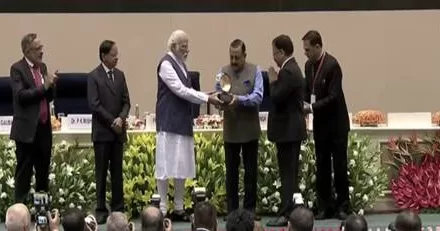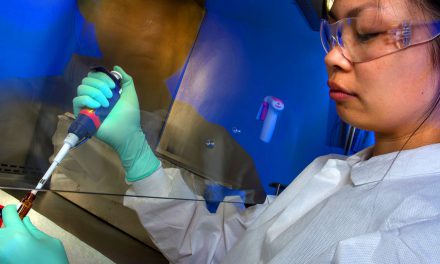Lisa McCorkell’s journey with COVID-19 started like many others in March 2020 with mild symptoms. But as weeks turned into months, she found herself grappling with debilitating symptoms like fatigue, dizziness, and shortness of breath. Despite seeking help from physicians, she found no relief and felt pushed out of the healthcare system. Determined to find answers, McCorkell turned to fellow sufferers and, together, they founded the Patient-Led Research Collaborative (PLRC) to shed light on the enigmatic long COVID syndrome.
The PLRC’s groundbreaking survey in 2021, which catalogued over 200 symptoms experienced by long COVID patients, served as a pivotal moment in understanding the condition. This initiative, led by unpaid volunteers, highlighted the complexities of long COVID and emphasized the importance of patient-led research in capturing the nuances of the condition. Beth Pollack, a research scientist, underscores the significance of listening to patients’ stories to build a comprehensive knowledge base.
Martha Eckey’s survey, TREAT ME, further amplified patient voices by gathering insights into treatments that offered relief for long COVID symptoms. Eckey’s findings prompted the design of clinical trials for medications like beta blockers and naltrexone, which have shown promise in alleviating symptoms. Linda Tannenbaum, founder of the Open Medicine Foundation, credits patient input for shaping their clinical trials, emphasizing the crucial role patients play in guiding research priorities.
Hannah Davis’s struggle with severe brain fog led to collaboration with scientists like Dr. Wes Ely, who recognized the necessity of integrating patient perspectives into research endeavors. Together, they designed a clinical trial to test baricitinib as a potential treatment for long COVID. Davis and other patients’ lived experiences inform every aspect of the trial, from protocol development to outcome assessments.
In the quest for answers, patients like Lisa McCorkell have become pioneers, driving research forward despite the challenges posed by their symptoms. McCorkell’s participation in studies investigating microclots and supplements has offered hope for improved quality of life. David Putrino, a physiotherapist, stresses the importance of patient involvement in research protocols, ensuring that trials are patient-centric and minimize risks.
Despite the obstacles, patient advocates remain undeterred, motivated by the urgency of improving their own lives and advancing scientific understanding. McCorkell sums up their determination: “We’re driven by desperation, out of improving our own quality of life.”
In a field where traditional research initiatives have fallen short, patient-led efforts are paving the way for innovative treatments and a deeper understanding of long COVID. Their voices, once marginalized, are now leading a revolution in medical research.
For further updates and information on long COVID research, patients and advocates are encouraged to stay informed through official channels and patient-led organizations.











